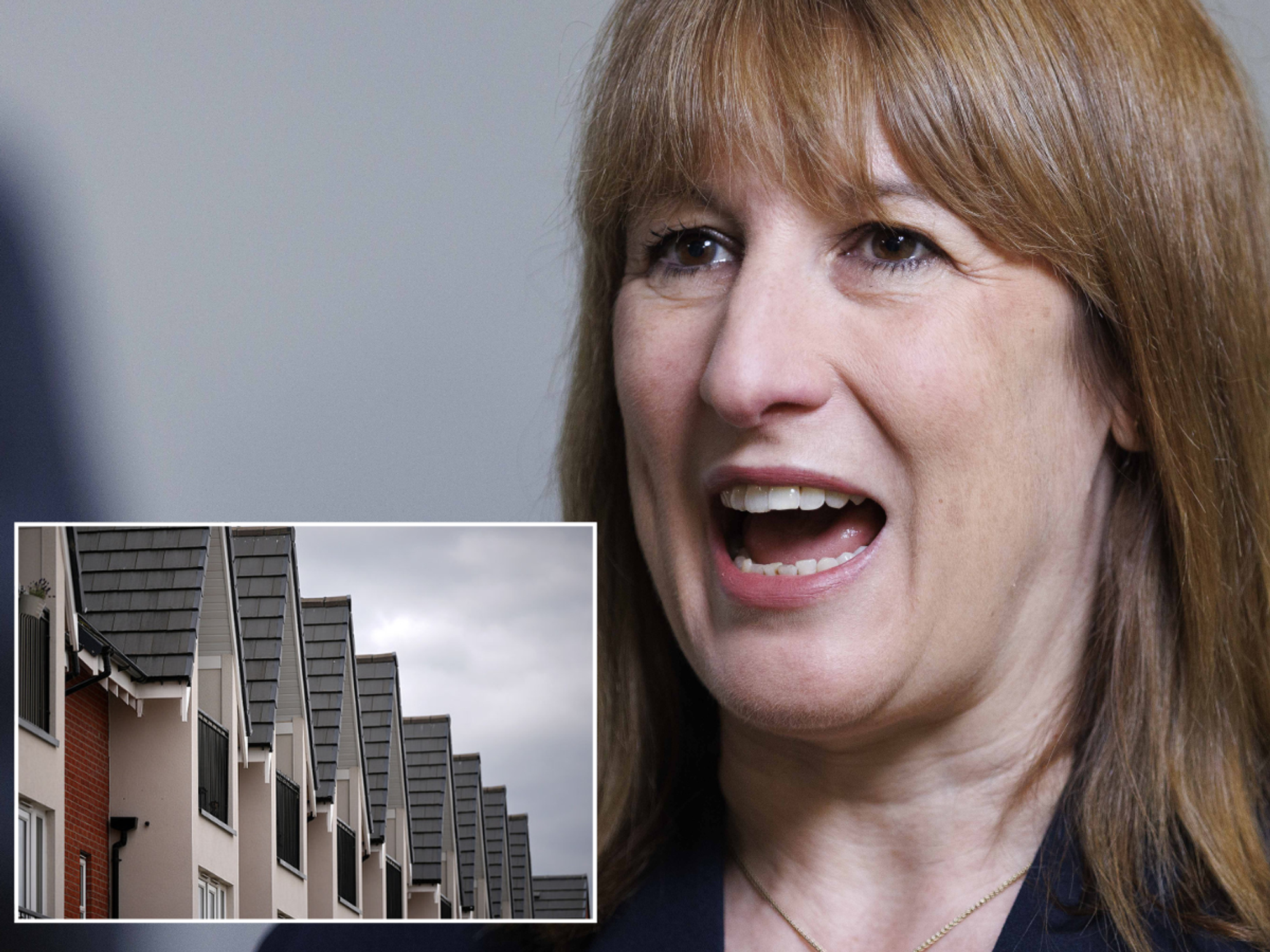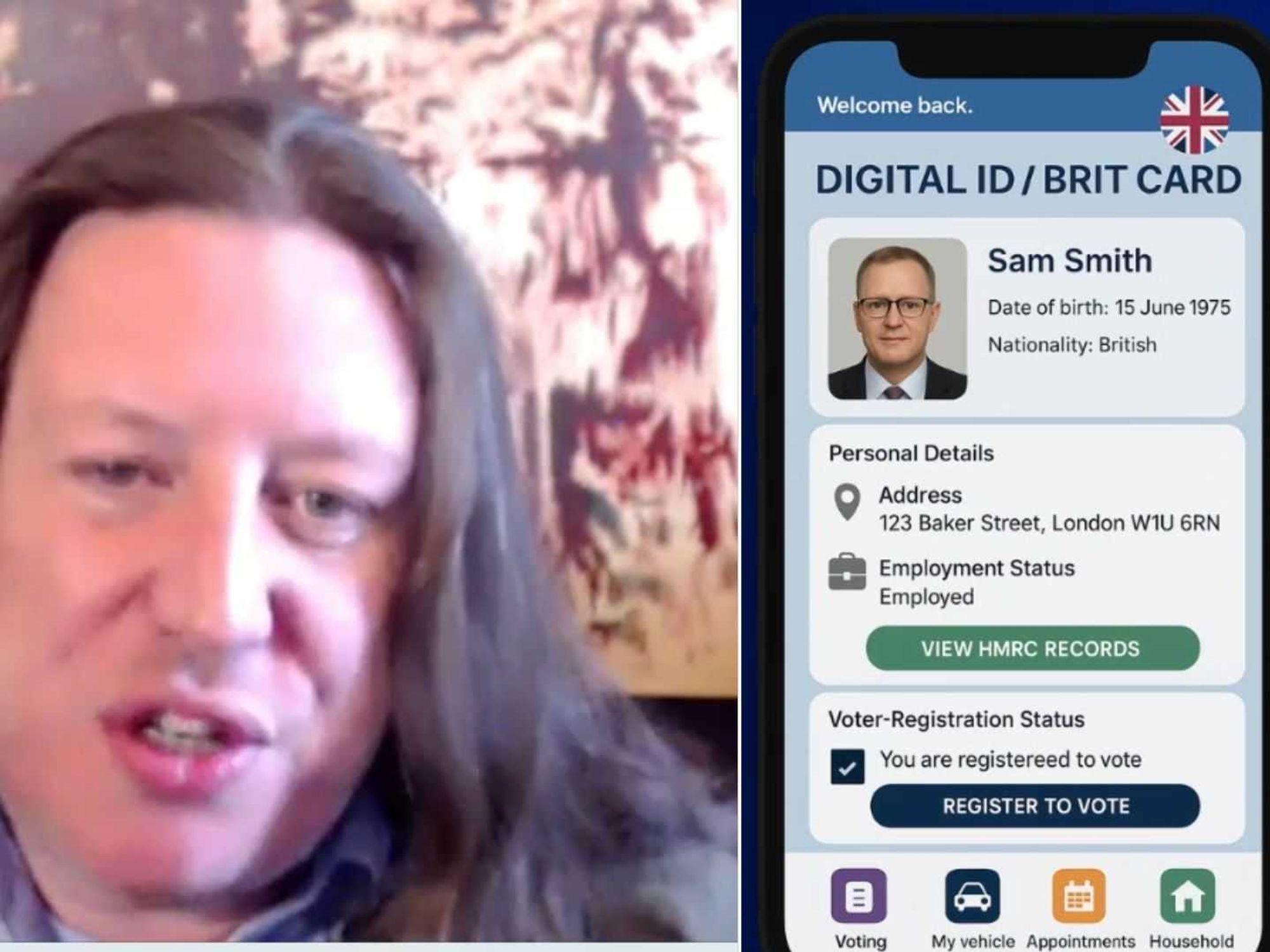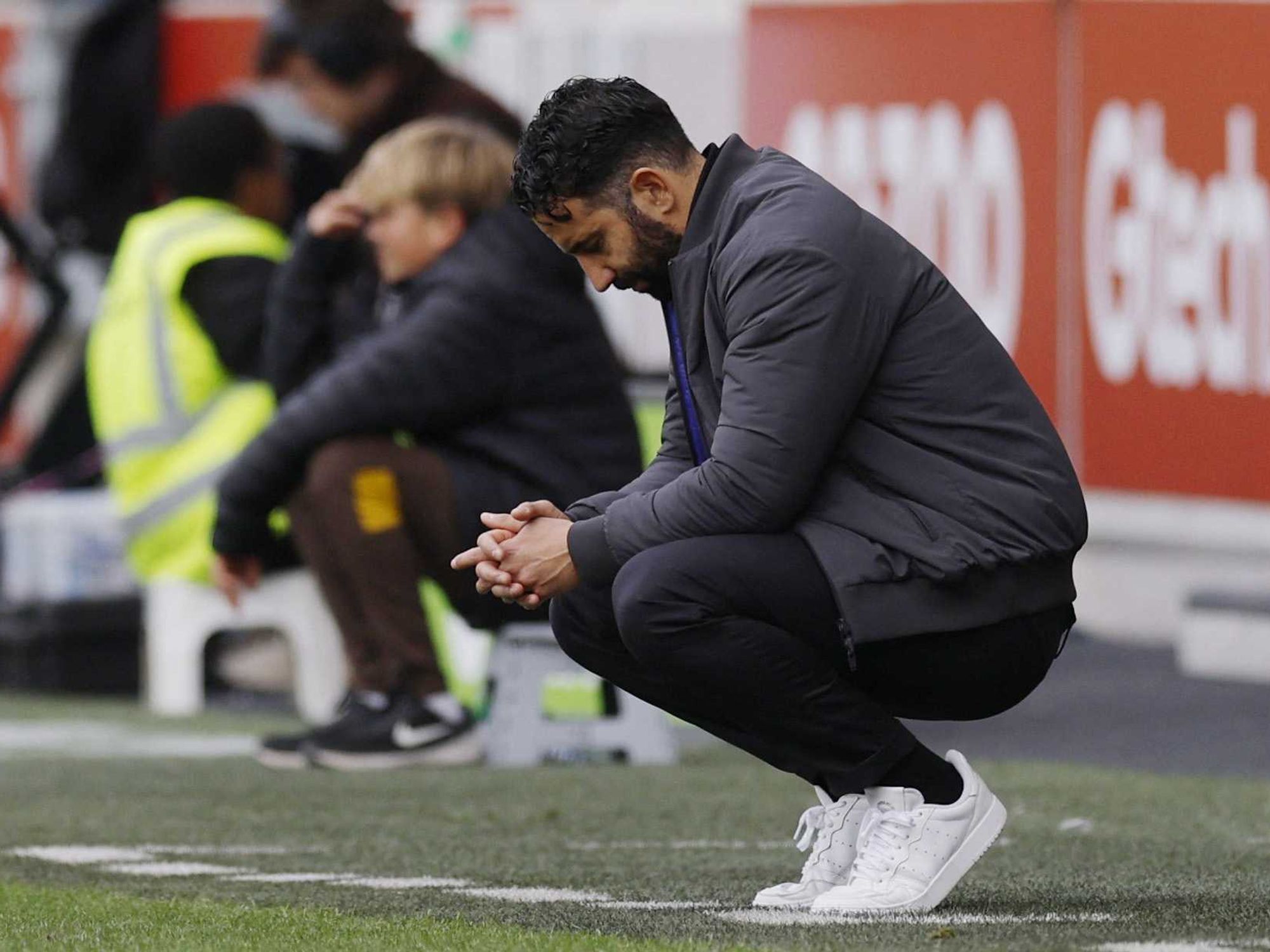What role does the King play ahead of General Election?

The King approved the Prime Minister's request to hold a general election on Thursday July 4 2024.
Don't Miss
Most Read
The King has approved an Order in Council to prorogue Parliament ahead of the General Election, in a quickly organised Privy Council meeting at Buckingham Palace this morning.
His Majesty has ordered Parliament to be “prorogued on a day no earlier than Friday the 24th day of May 2024 and no later than Tuesday the 28th day of May 2024, to Friday the 31st day of May 2024, to be then holden for the despatch of divers urgent and important affairs”.
The parliamentary session is sometimes prorogued for a short time before Parliament is dissolved, ahead of a general election.
The King approved the Prime Minister's request to hold a general election on Thursday July 4 2024.

The King approved the Prime Minister's request to hold a general election on Thursday July 4 2024.
|PA
Buckingham Palace announced the Royal Family would "postpone engagements" that could overshadow or distract from the election campaign, which is normal custom for an election period.
But The King still has an important constitutional role to play in dissolving Parliament and, on Friday 5 July, inviting the person who can command the confidence of the House of Commons to form a government in his name and become, or continue being, Prime Minister of the United Kingdom.
The general election can only take place once Parliament is dissolved, marking the official end of Parliamentary business.
Every seat in the House of Commons becomes vacant, and the move remains one of King Charles' royal prerogatives - meaning only he has the power to dissolve Parliament - but His Majesty would only do so on the advice of his Prime Minister and Privy Council.
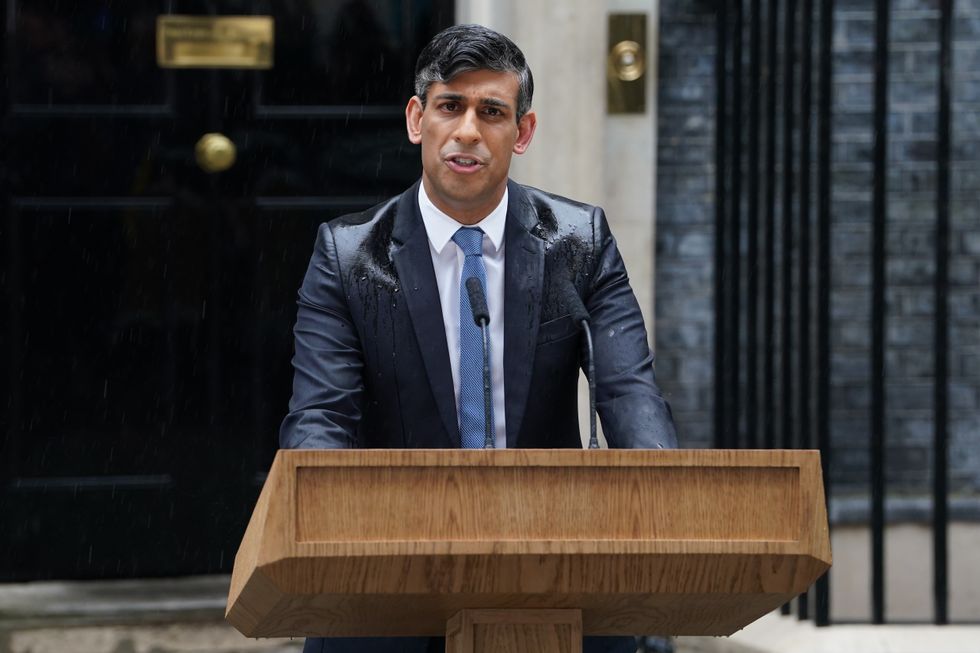
The general election can only take place once Parliament is dissolved, marking the official end of Parliamentary business.
| PAParliament is expected to be dissolved on Thursday 30 May by Proclamation, which is a legal document authorised by The King and issued under the Great Seal - an important symbol of His Majesty's role as Head of State.
The Great Seal is used to show King Charles' approval of important State documents, and the Prime Minister will "request" that the King dissolve Parliament.
Technically, the Monarch could refuse the request if Parliament remains "vital, viable, and capable of doing its job", if an election would damage the national economy or if King Charles could find another Prime Minister who could "govern for a reasonable period with a working majority in the House of Commons".
These are known as the Lascelles Principles, which are now more than 70 years old and are highly unlikely to come to fruition.
The United Kingdom has a constitutional monarchy, and King Charles is expected to honour the democratic process where the Prime Minister decides when an election should be called and Parliament should be dissolved.
It is unclear if The King will grant a further Audience with Rishi Sunak again for him to formally request a dissolution on 30 May.
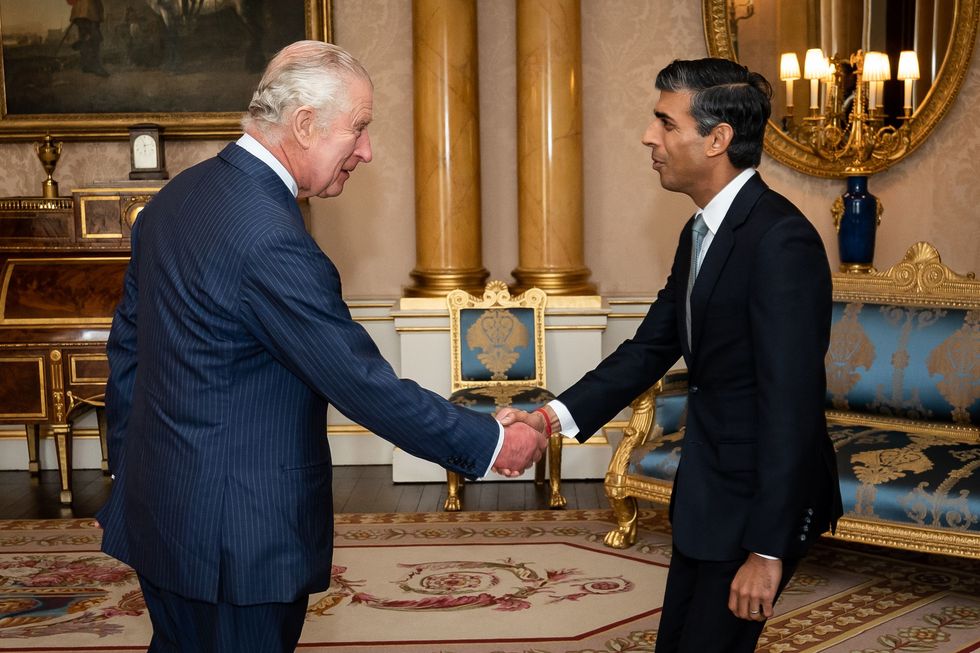
It is unclear if The King will grant a further Audience with Rishi Sunak again for him to formally request a dissolution on 30 May.
| GettyOn this date, King Charles is expected to authorise a 'dissolution proclamation' at a meeting of the Privy Council, attended by Cabinet ministers who formally advise him on his use of prerogative powers.
The King will also sign the Proclamation and instruct Alex Chalk, the Lord Chancellor (who is a very senior member of the Cabinet who heads up the Ministry of Justice), to "affix" the Great Seal.
The Proclamation will dissolve Parliament and "discharge" MPs and peers.
MPs will no longer be able to represent their constituencies or sit in the House of Commons.
The text is also expected to set a date for the first meeting of the new Parliament.
On behalf of the King, 'election writs' will be sent to returning officers who are responsible for carrying out elections in each UK constituency.
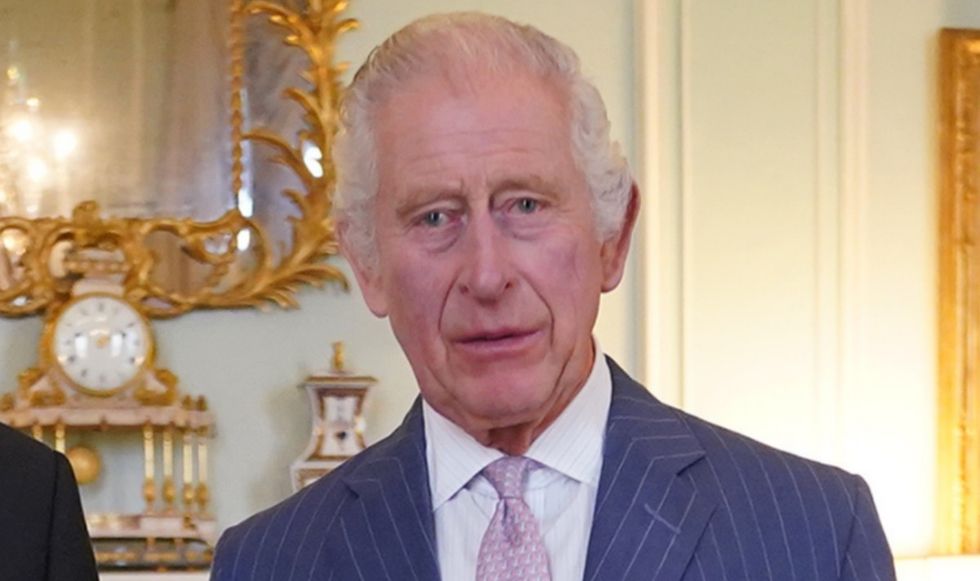
On behalf of the King, 'election writs' will be sent to returning officers who are responsible for carrying out elections in each UK constituency.
| GETTYThe election writs will say: "Charles the Third by the Grace of God of the United Kingdom of Great Britain and Northern Ireland and of Our other Realms and Territories King Head of the Commonwealth Defender of the Faith to the Returning Officer for the Constituency Greeting."
"Whereas Parliament has dissolved We Command you that due notice being first given you do cause election to be made according to law of a Member to serve in Parliament for the said Constituency."
"And that you do cause the name of such Member when so elected, whether he be present or absent, to be certified to Us in Our Chancery without delay."
The Representation of the People Act 1983 states that the timetable from dissolution of Parliament to a general election is 25 working days.






